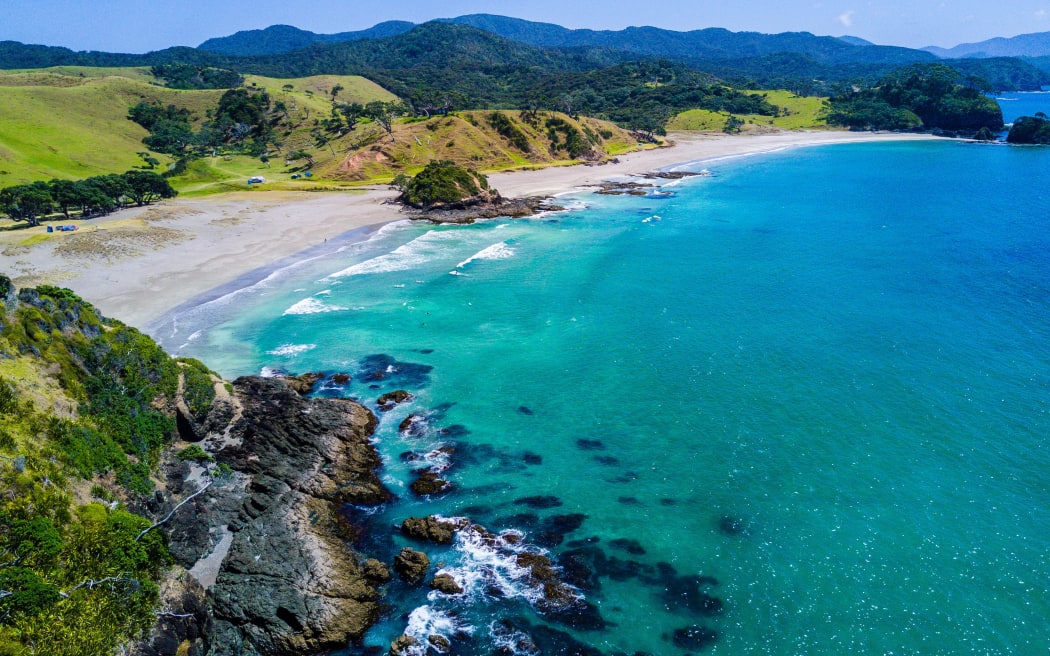
The Tribunal said the pathways established for Māori claimants were limited. Photo: Rod Long / Unsplash
The Waitangi Tribunal has found the Marine and Coastal Area (Takutai Moana) Act 2011 breaches the principles of Te Tiriti o Waitangi.
The Stage 2 report of a Tribunal inquiry into the Act, which replaced the controversial Foreshore and Seabed legislation in 2011, said it's failed to properly protect the customary rights of Māori.
The Takutai Moana Act 2011 restored Māori with the legal right to pursue customary marine title or protected customary rights which were extinguished under the Foreshore and Seabed legislation.
The Act provided two application pathways for claimants which involved seeking a hearing in the High Court for a recognition order or engaging directly with the Crown. The deadline set for all claims the deadline of 3 April 2017.
The Tribunal said the pathways established for claimants were limited, the assessment measures were biased and the deadline for filing claims was unrealistic and unjustified.
Many applicants found the process of applying for customary rights complex, lengthy and costly.
Waitangi Tribunal findings
The stage 1 report of the inquiry, which was released in 2020, found that some aspects of the procedural and resourcing arrangements supporting the Act breached the Treaty and prejudicially affected Māori.
The stage 2 report, released today, investigates whether the Takutai Moana Act itself breaches Treaty principles and causes prejudice to Māori.
In particular, the Tribunal found the Act is not Treaty compliant because the Crown failed to allow properly informed and meaningful participation for Māori during the consultation process.
It found the 2017 deadline was not justified by any policy considerations that meet the standard of acting reasonably and in good faith toward Māori.
The statutory test, which Māori must undertake to have their rights recognised was also found too not be fair and reasonable.
The Act gives Māori no choice between having their applications under the Act heard in the High Court or the Māori Land Court.
The Tribunal's Recommendations
The Tribunal recommends the Crown must address the prejudicial treatment of Māori and make targeted amendments to the Act based on the claims that have been heard and upheld.
Among other recommendations it asked the Crown to improve the statutory test for customary marine title and repeal the 2017 deadline.
It also asked that the applicants are allowed the ability to transfer their applications between the High Court and the Māori Land Court with both having concurrent jurisdiction.
The Waitangi Tribunal warned against 'cherry-picking' select recommendations, saying that all the inquiry's recommendations should be implemented as a package.
Why was the act created in the first place?
The Takutai Moana Act was created to replace the controversial Foreshore and Seabed Act 2004.
In 2003 the Court of Appeal ruled that Māori might be able to show customary ownership of marine and coastal areas around the country.
The Labour government of the time responded by passing the Foreshore and Seabed Act which gave the Crown legal ownership of those areas and extinguished Māori rights in the process.
The ensuing protests and hikoi to Parliament eventually led to the establishment of the Māori Party.
When the National Party was in government it abolished the Act with the help of the Māori Party and replaced it with the Takutai Moana Act.
The Act restored customary interests extinguished under the 2004 Act, introduced statutory tests and awards to recognise customary interests, and provides for public access to coastal areas.
But as the inquiry has shown it has proved controversial in its own right.




